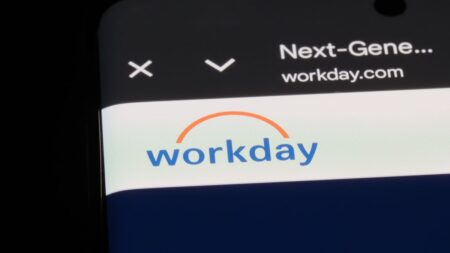Starting or expanding your automation journey can be tough. For the CFO, this can be especially challenging as this can directly impact employee morale and performance. And, in a recent Deloitte study, they found that only 3% of organizations have scaled their digital workforce. However, implementing automation standards can directly impact long-term company success.
So, what are the advantages of putting these standards in place?
Think of these as your “Advantage Checklist”. By following these consistently, the CFO can see a direct impact on investments and mitigate risk.
- Create a vision to foster adoption
- The CFO needs to collaborate with their peers in technology, operations, and other lines of business.
- Define any needed investments in training, hiring, machinary, technology, and more.
- A clearly outlined vision will reduce communication issues and set the tone of growth for the company.
- Institute a governance model to manage automation
- Governance entails documentation, upskilling, and oversight.
- The model should be flexible to changing initiatives, compliance rules, industry standards, technology updates, data definitions, and security.
- Implement a cybersecurity framework
- The framework will overlap with the governance model and should permeate all areas of the employee mindset and technology infrastructure.
- Reuse automation components
- By reusing components, you can reduce automation configuration time and be consistent across processes.
- Simplify overly-complex processes
- If a process is too complex, technology waste can occur. This waste is typically hidden versus a physical transaction, for example.
- Reinforce automation process reviews in the governance model. This will surface wasted or redundant steps in processes. Additionally, this can present ways for components to be reused.
- Build strong relationships with valued technology partners
- Automation solutions are not all created equal. And, not all companies have internal resources to implement the automation.
- Technology partners that specialize in automation implementation, best practices, and have deep industry knowledge should be used for their experience.
- The long-term benefits of having a strong partner relationship will save time, money, and on-boarding of people. This approach will fuel the quick scalability companies need to stay competitive.
The CFO that’s equipped with these advantages can have intelligent, strategic, and meaningful conversations with peers. Further, each one can be revised as needed to meet the necessities of the company’s growth.







